| | 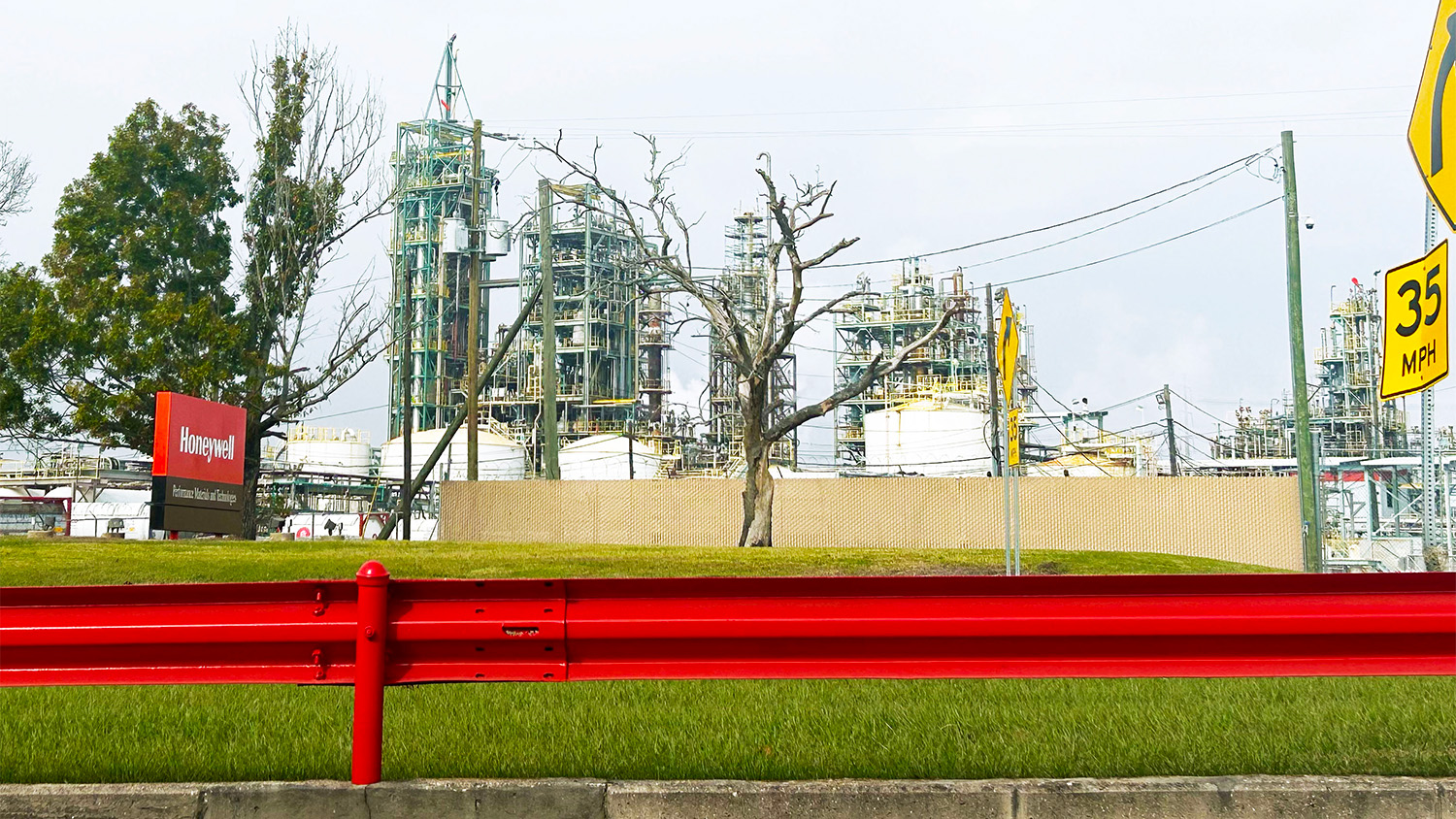 | Using advanced infrared detection, EIA found high levels of F-gas emissions at two U.S. fluorochemical production facilities. The F-Gases at the Fenceline report revealed unreported potent greenhouse gases, posing health and environmental risks. As a major fluorochemical player, we urge the U.S. to invest in solutions to curb domestic and global industrial F-gas emissions. Featured in the Washington Post. | | | 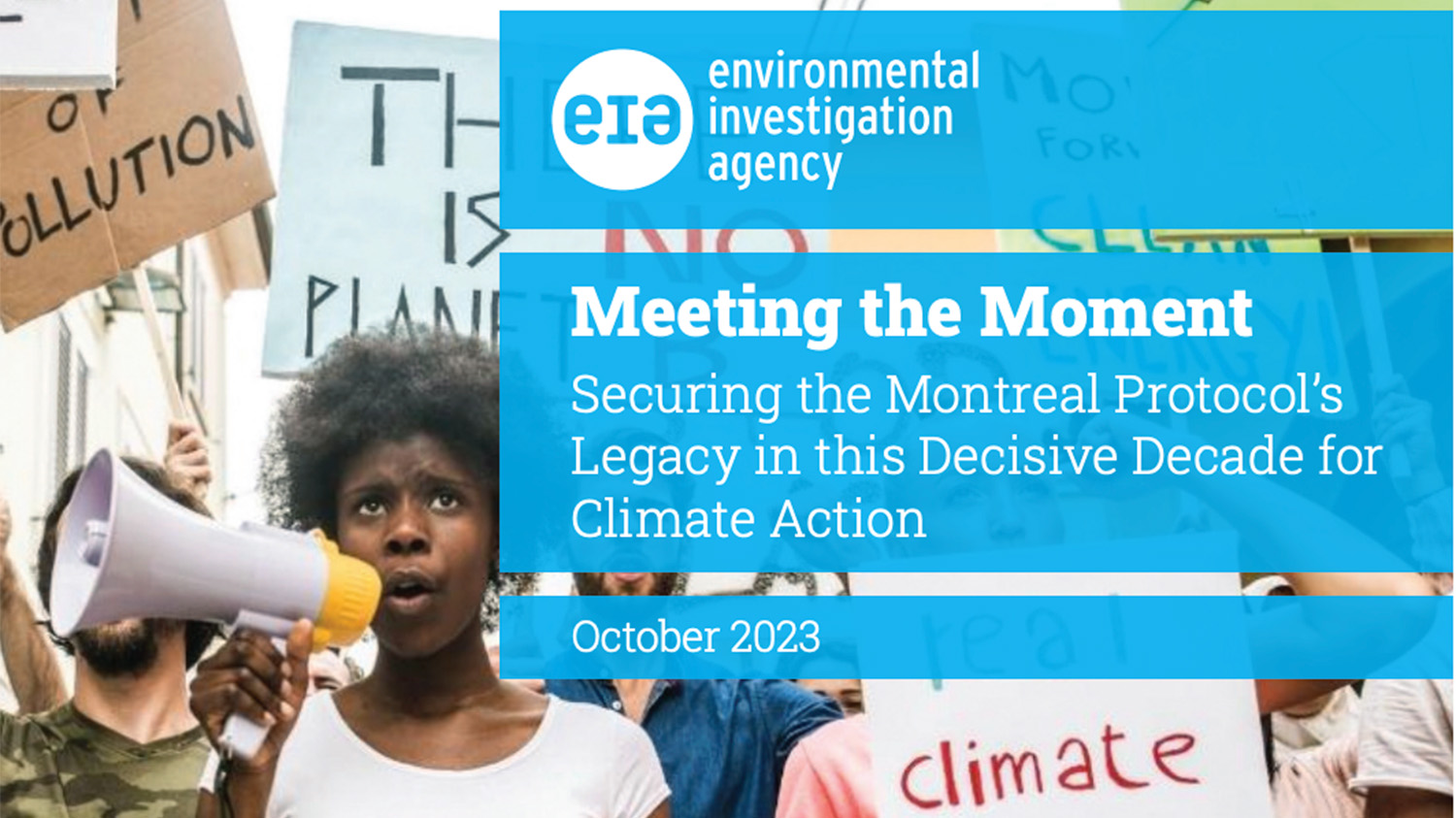 | The climate team released a briefing outlining crucial recommendations for the 35th Meeting of the Parties (MOP35) in Nairobi, where decisions held the power to shape the Montreal Protocol's legacy in achieving vital emission reductions during this pivotal decade for climate action. The briefing emphasized the urgency of maximizing emission reductions before 2030 and called on donor countries to significantly increase financial support for the Multilateral Fund. | | | 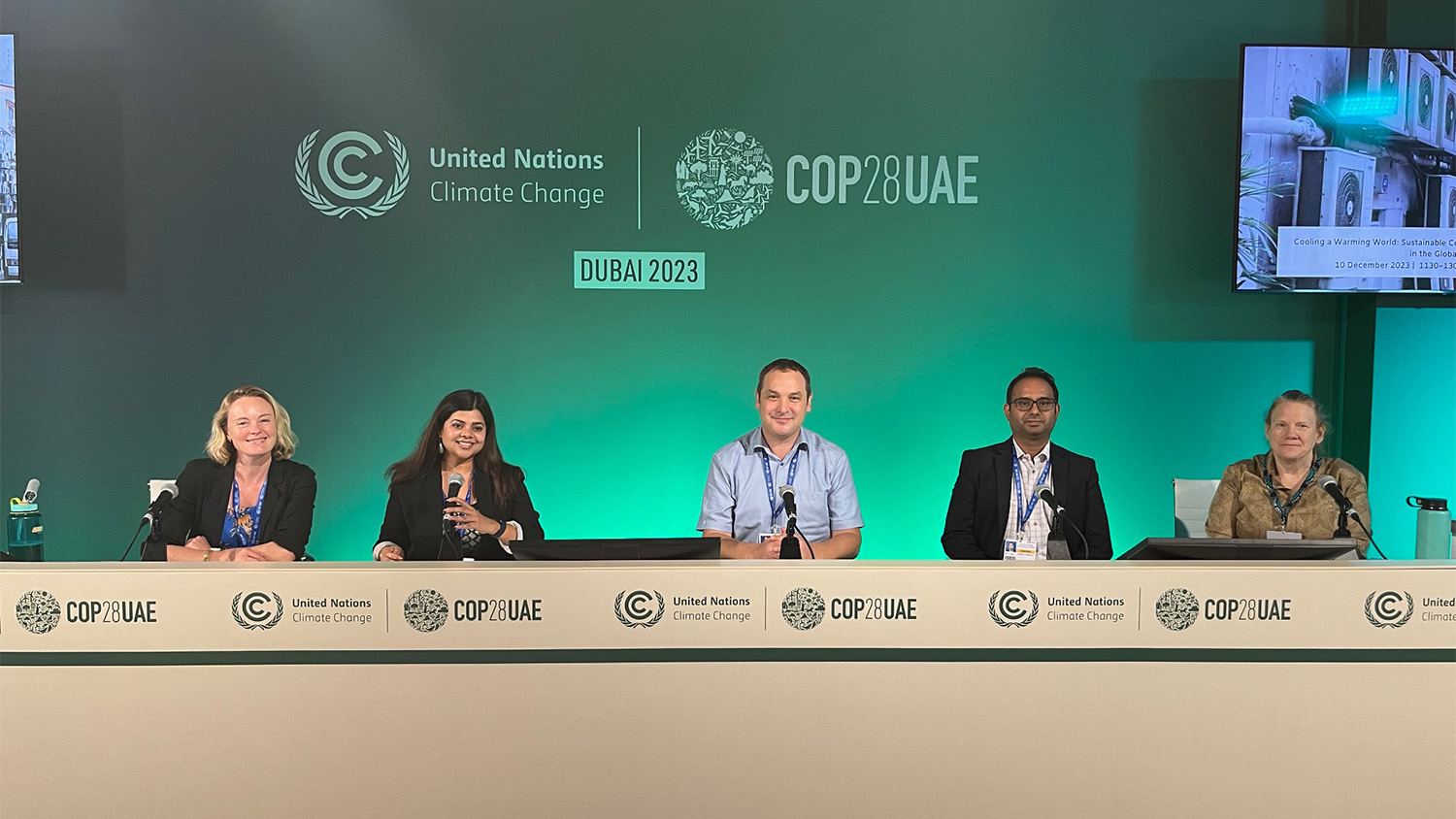 | The team attended CoP28 in Dubai where they hosted and joined numerous side events on topics such as accelerating the HFC phase-down, strengthening the Ozone Treaty, and disrupting climate trends through next-generation leadership. During CoP28, 97,000 delegates were being kept cool by unsustainable cooling units powered by climate-polluting gases. EIA campaigners documented HFC and HCFC refrigerants around the venue, raising concerns about the emissions from the climate summit. | | | | | | | | 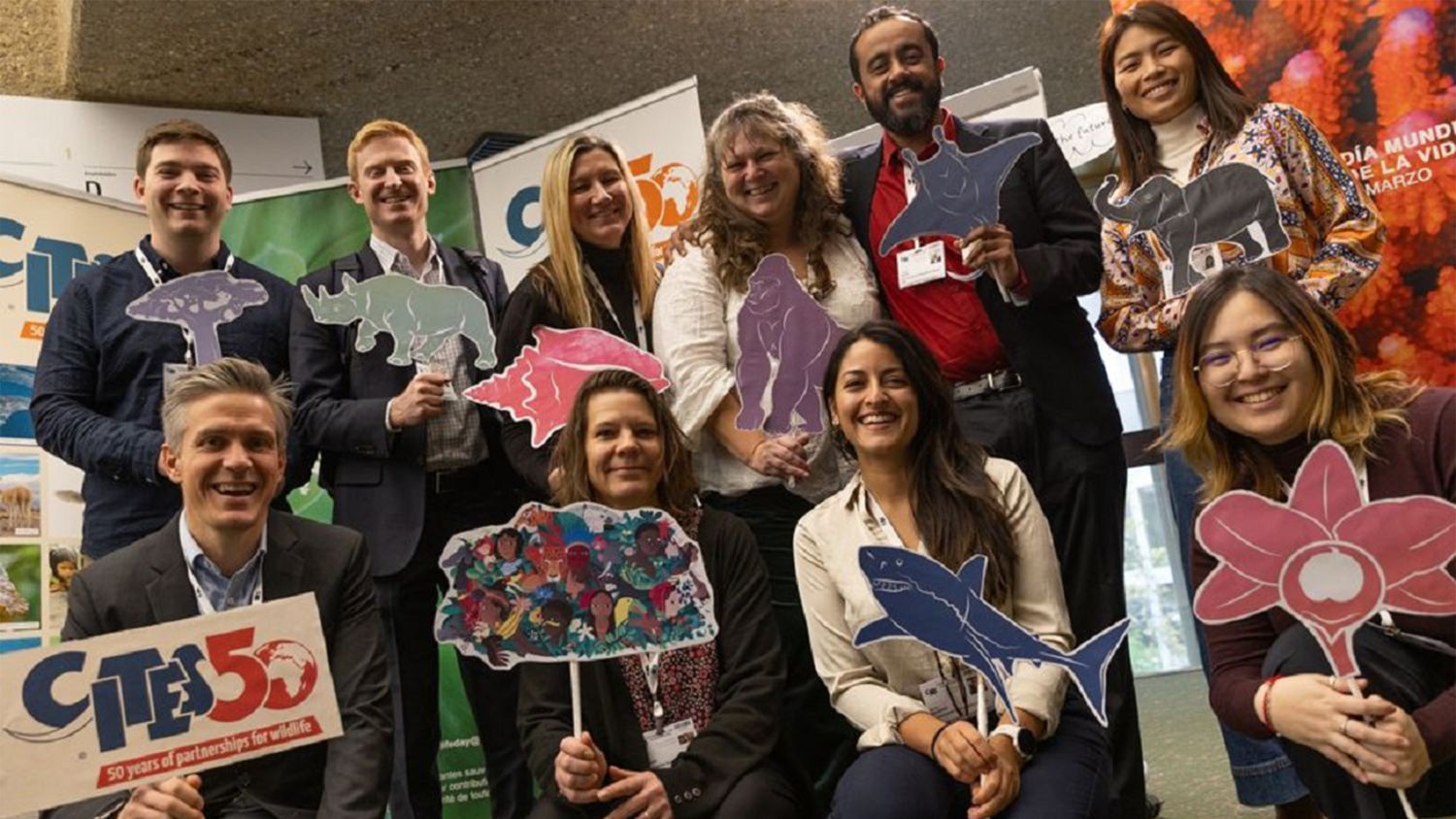 | EIA attended the 77th CITES Standing Committee meeting to advocate for improved enforcement and protections for species. The team advocated for a proposal by African elephant range states to ensure Japan is included in an analysis of ivory seizures linked to countries with legal domestic markets. EIA also participated in a CITES workshop to help develop new guidance materials for Parties to determine whether international trade may negatively impact the survival of a species. | | | 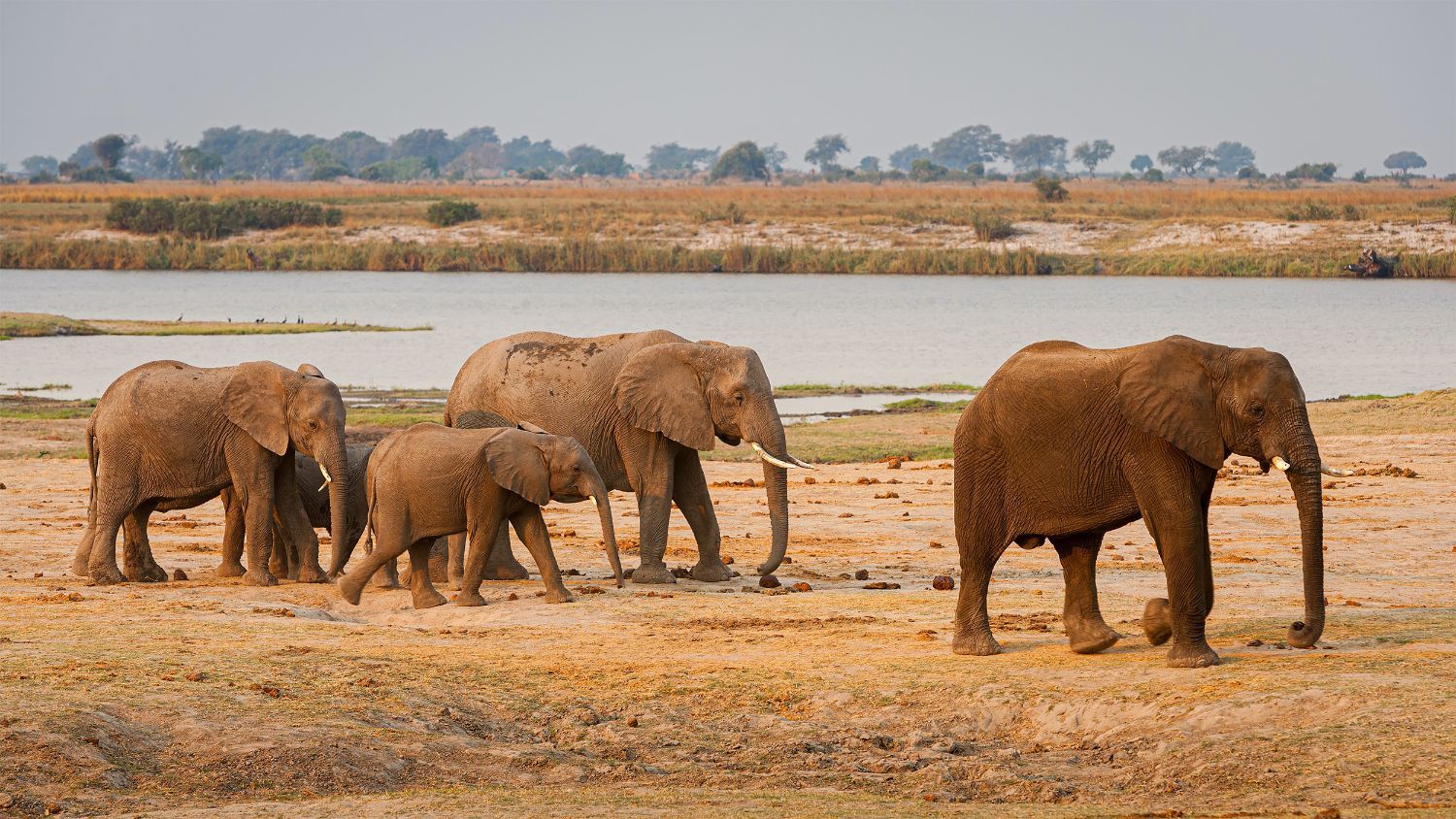 | EIA continues to draw attention to Japan's flawed ivory trade controls and persistent role in the illegal international trade, and appeal for an end to Japan's domestic ivory trade to protect elephants. As Japan reviews its wildlife protection laws, there's an opportunity to change course and take steps to align with global conservation efforts. EIA launched a new resource hub for information on Japan's ivory trade. | | | 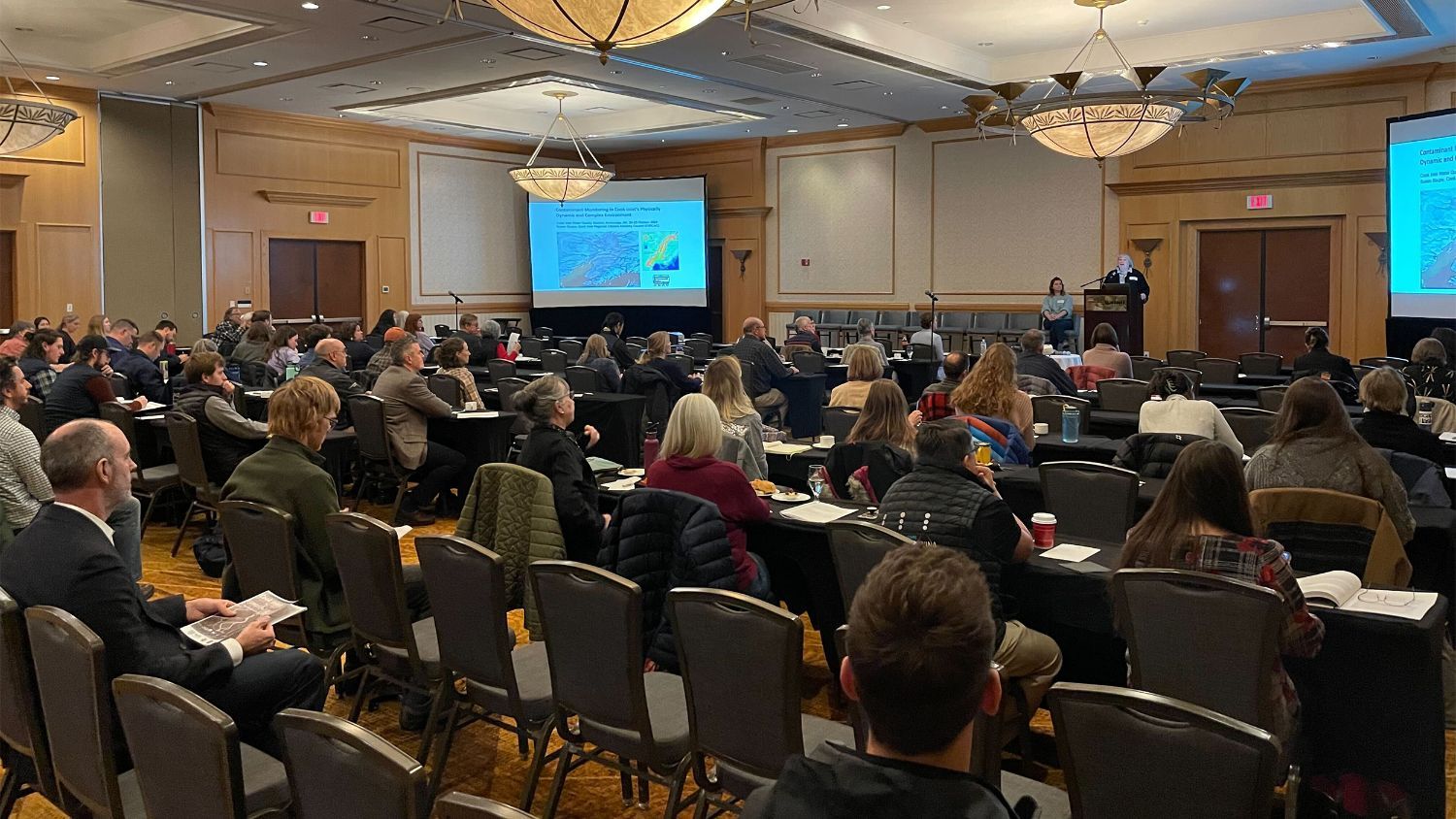 | A first of its kind, EIA co-hosted the Cook Inlet Water Quality Summit in Anchorage, Alaska, where topics such as water quality, biodiversity, research, regulations, and policy within Cook Inlet were explored. The summit aimed to enhance understanding of Cook Inlet's status, regulatory framework, and engagement with decision makers, while identifying collaboration opportunities and addressing data gaps to benefit both people and wildlife. | | | | | | | | 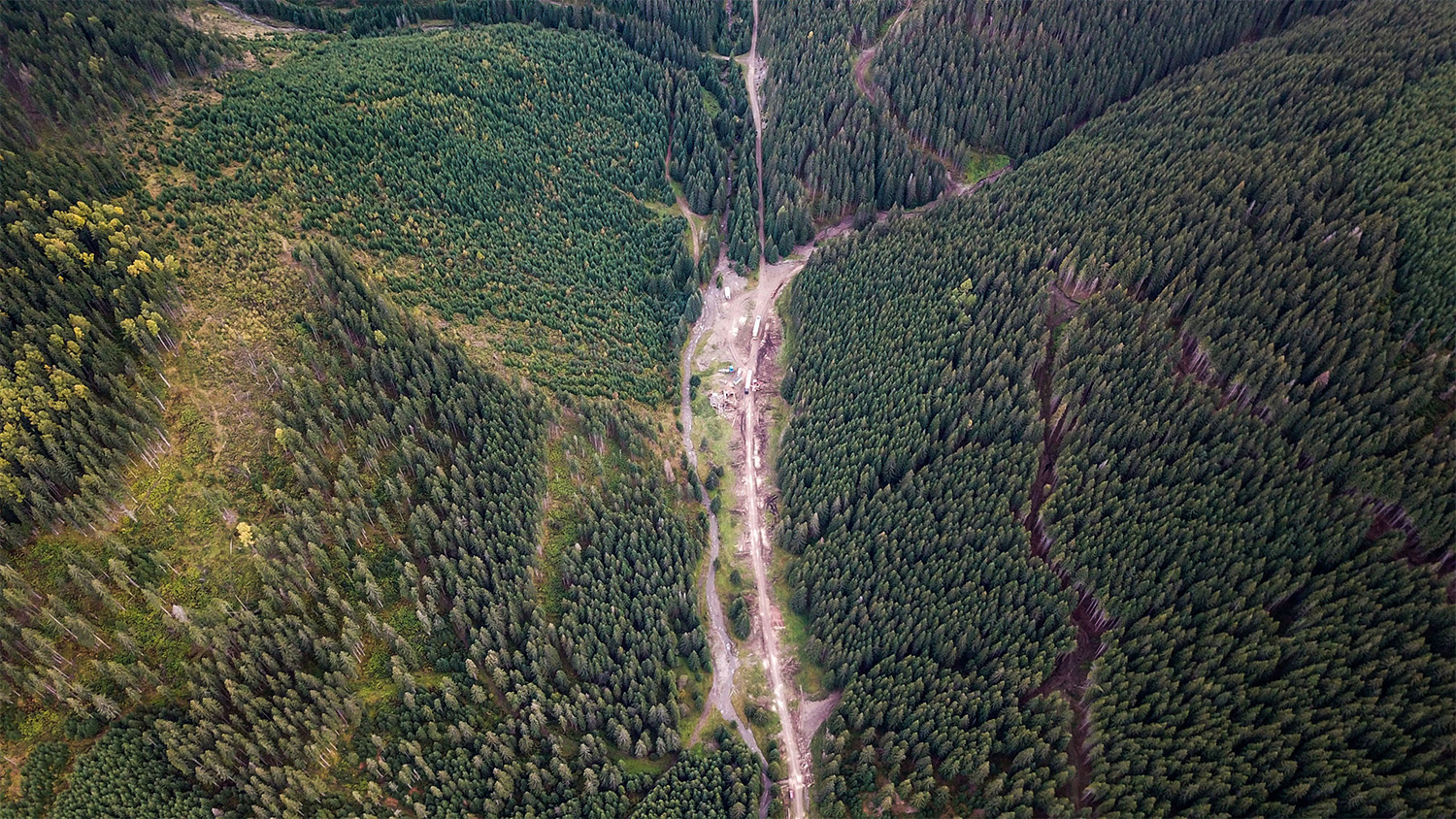 | The EIA team released the Three Basins, Three Battlegrounds report on the Amazon, Congo, and Borneo-Mekong-South Asia Basins ahead of the 2023 summit of the Three Basins. Amid rising demand for commodities, extractive industries threaten these regions, with 20% of intact forest landscapes designated as extractive concessions. EIA joined over 70 other Indigenous and local communities, environmental, and human rights organizations in signing a joint statement to draw attention to increasing threats to forests and community rights and well-being. | | | 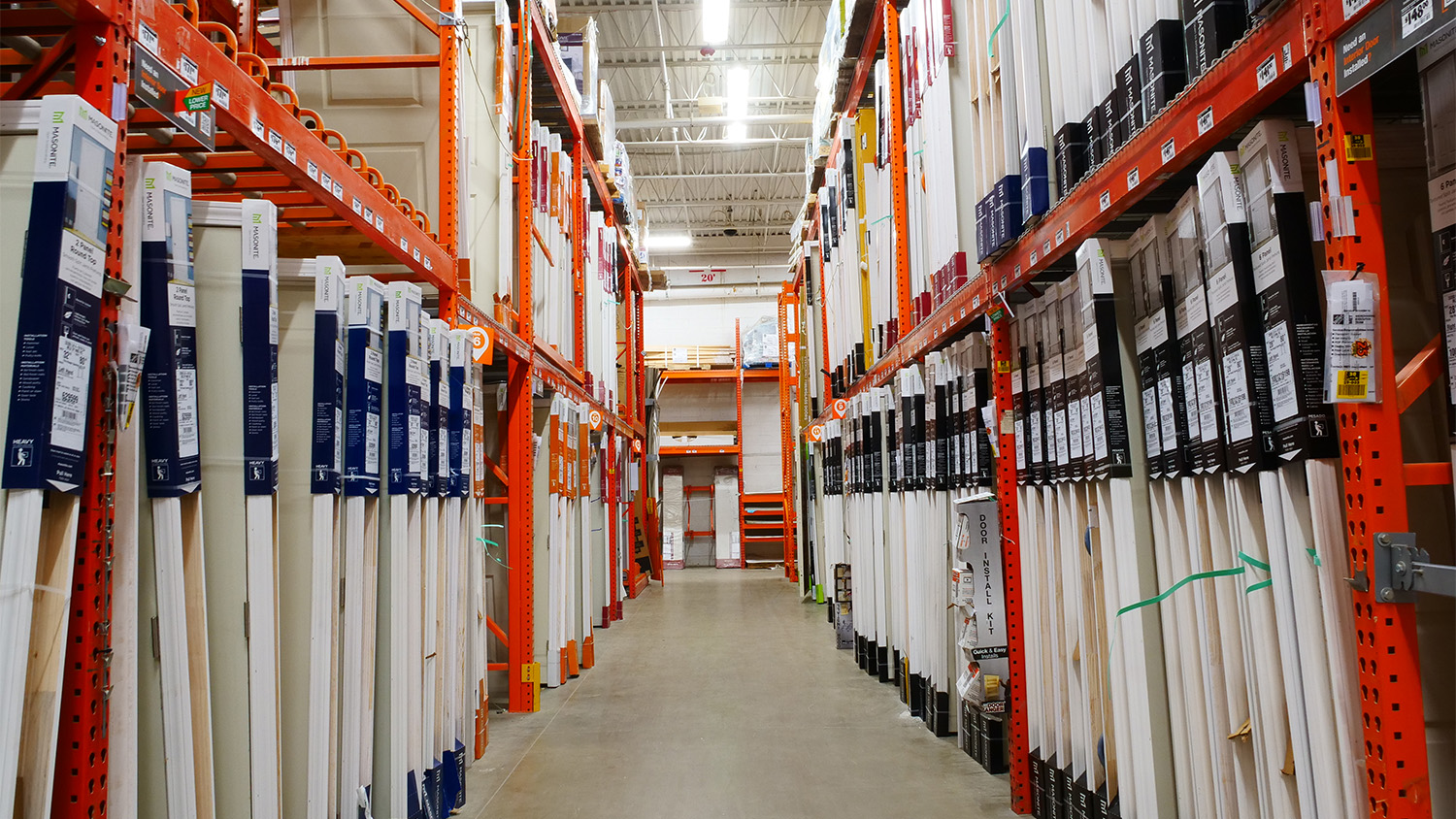 | EIA’s report, The Dictator's Door, exposed Home Depot and Jeld-Wen for failure to adhere to their own corporate policies and likely violations of the U.S. Lacey Act regarding wood sourcing from the Congo Basin, with an estimated 1.2 million doors sold to American consumers between 2017 and 2022 at high risk of containing illegal Okoume wood from Equatorial Guinea. Since the release, Jeld-Wen, the self-declared largest door and window manufacturer in the world, reports that the company has “paused the shipments of all door products that may contain Okoume”. Featured in Bloomberg. | | | 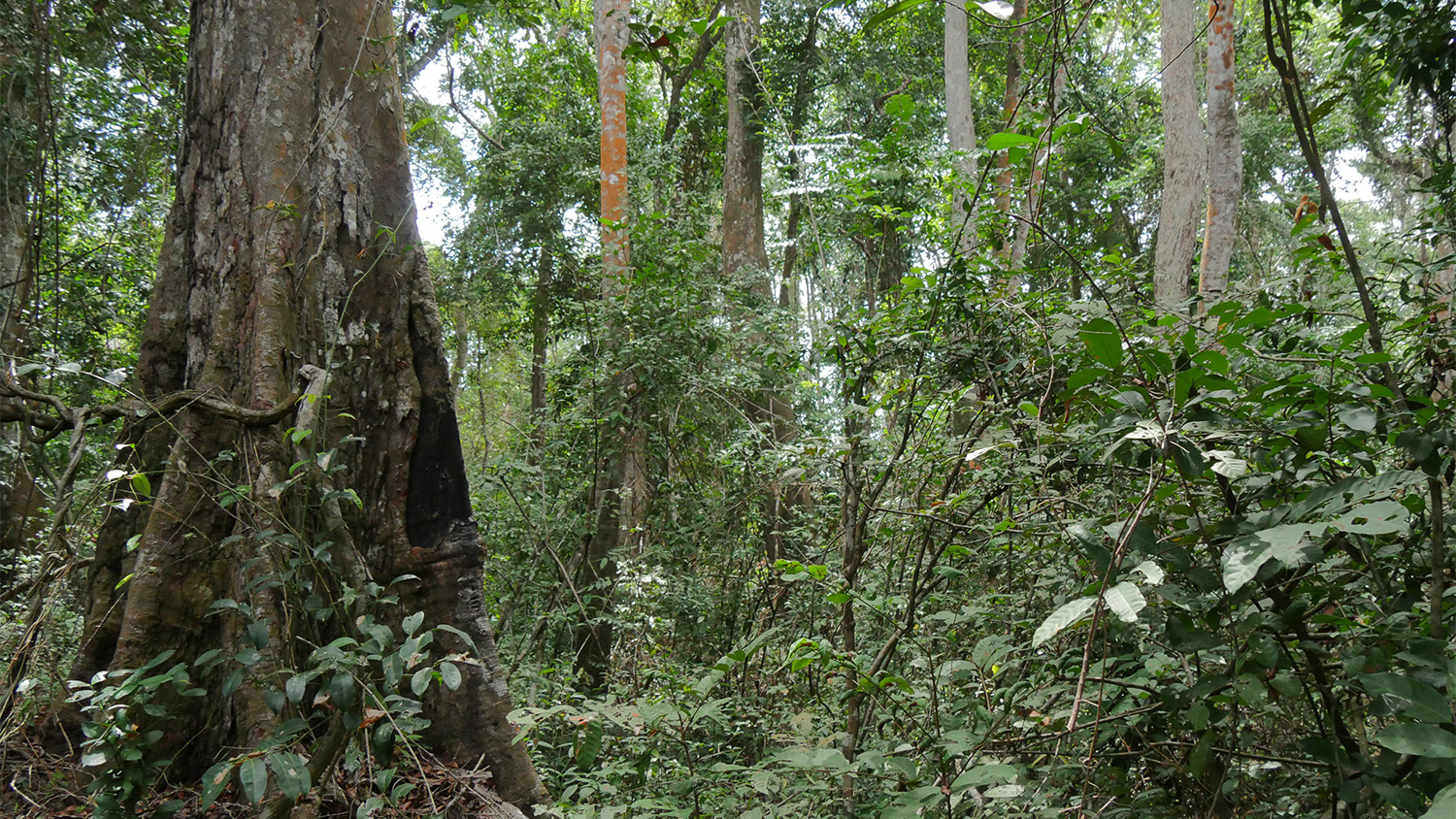 | EIA applauds the bipartisan re-introduction of the FOREST Act, aiming to combat global deforestation and environmental crime by prohibiting imports of agricultural commodities from illegally deforested areas. The bill also fosters U.S. support for producing countries to address deforestation and mandates companies to trace high-risk commodity supply chains back to the source, ensuring compliance with local law. Supported by a diverse coalition, we will continue to urge Congress to pass the FOREST Act. | | | | | | Beyond The Dictator's Door... | | | | | | “Home Depot should seriously examine its wood purchasing policy and revise it so that the company protects itself, and its consumers, from the apparent illegalities described in this report.” EIA Africa Program Campaigner, Luke Allen discussed our Dictator’s Door report in the Afrique Chine podcast. Listen in French here. | | | | EIA’s Africa Program Manager, Raphael Edou, penned an OpEd in The Hill pointing out that Home Depot is violating its own wood purchasing policy by selling non-FSC-certified wood from the Congo Basin. | | | | | | | | | |